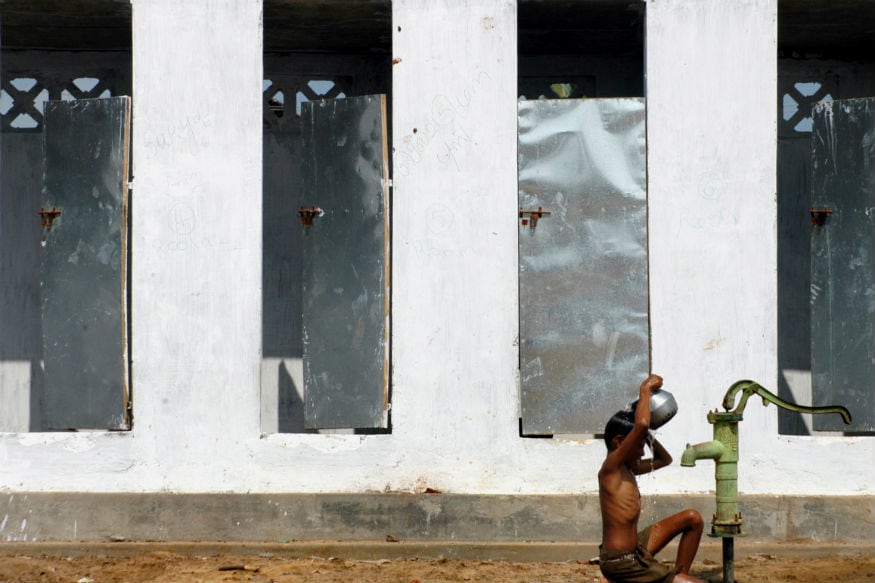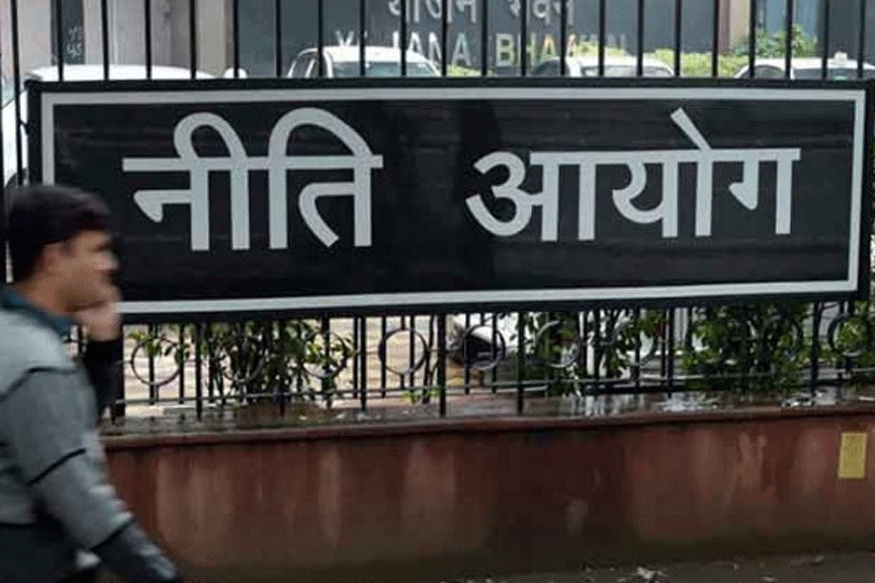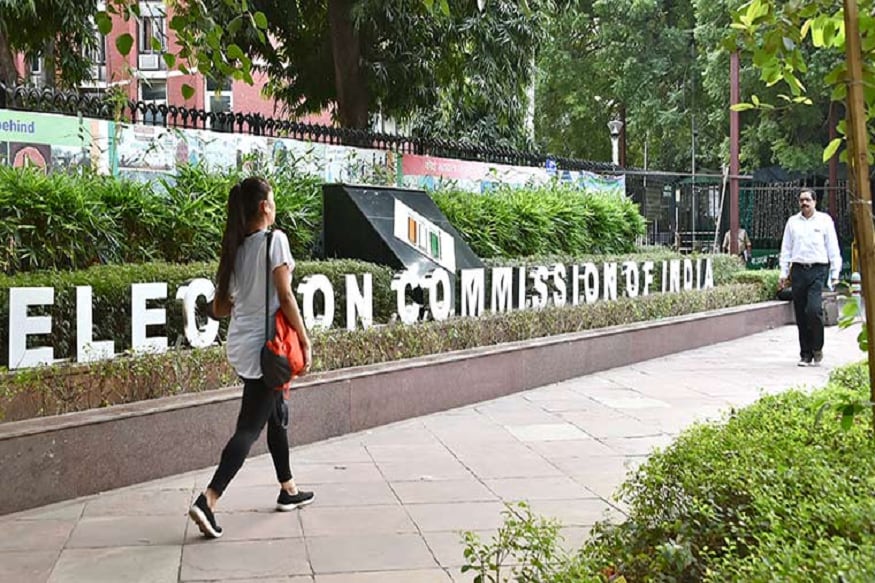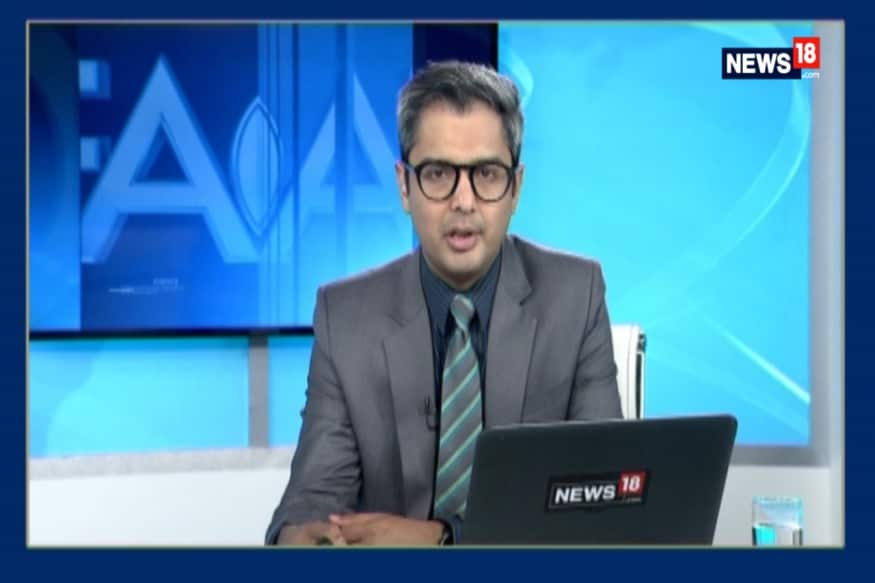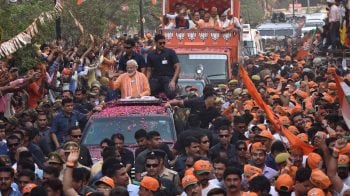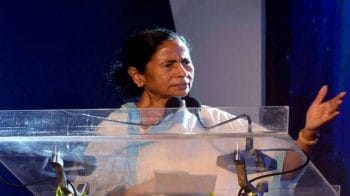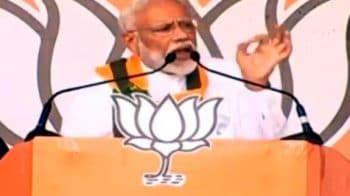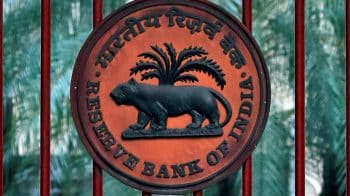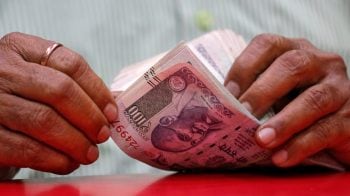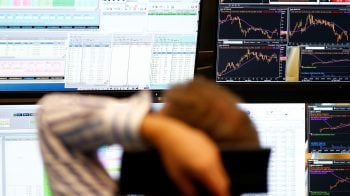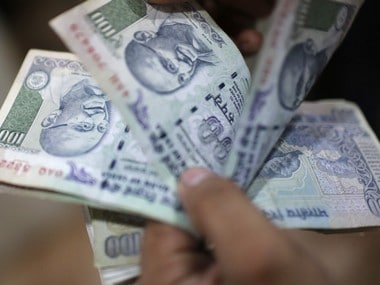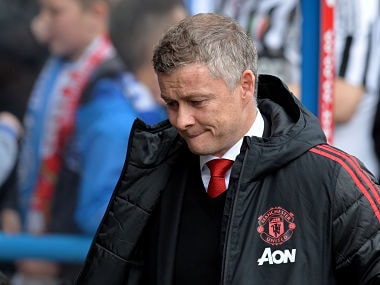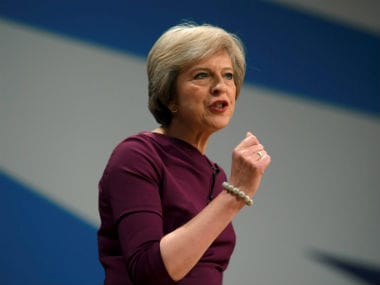…and other big stories from India and around the world
Rakesh Sharma | Harish Puppala
Grofers makes hay
Softbank continues to pump money into Indian companies. Online grocer Grofers has raised $220 million in a round led by SoftBank Vision Fund as part of its series F, which also saw participation from South Korean investment firm KTB Ventures as well as existing investors Tiger Global and Sequoia Capital. This investment, which the company claims will be used to expand its supply chain operations, is one of the biggest rounds of financing to take place in India’s online grocery sector.
News of the fresh infusion of funds into Grofers comes just a few weeks after Alibaba-backed Big Basket received $150 million in funding. Also, back in March Inc42 had reported that SoftBank had increased its stake in Grofers to 42% with a $60 Mn investment, while Sequoia and Tiger Global had also invested $1.8 Mn and $19 Mn respectively. And now, the new funding provides both companies with more firepower to battle it out for market leadership in the online grocery sector. E-commerce giants Amazon and Flipkart, which is now controlled by Walmart, have also been expanding their footprint in this sector.
A BloombergQuint report stated that even though Grofers operates in a $600 billion market with many competitors, the company itself claimed it is prioritizing profit given the sliver of market share served by online merchants. Walmart and Amazon have been investing heavily in India because they see the country as the last unclaimed major market in the world. Last year, Alibaba led a $300 million investment in BigBasket, pushing its valuation to $950 million. A point to be noted is that, according to TechSci Research, India’s grocery market is projected to grow at 55% per year through 2021, making it the leading growth segment in online retail.
Grofers has been one of the standout names in India’s online grocery market. It started off as a hyperlocal player in December 2013 and moved to a warehouse-model over the last few years, with a recent focus on private labels. Nearly half of Grofers’ sales are from private label offerings, which will only increase further. Another differentiating factor is that Grofers does not offer fresh produce or same-day deliveries unlike its competitor Big Basket.
Albinder Dhindsa, chief executive of Grofers, explained, “Grofers had a top line of $400 million and grew 8X in the last two years...We are clear about our target audience...It is going to be middle India that goes after planned purchases and low-priced offerings.”
Grofers has gained traction over the last few years after the pivot in their business model. Dhindsa claims the Gurugram-based company is profitable in Delhi, and the overall business is expected to hit profitability by late 2021.
Will the Hinduja brothers rescue Jet?
the latest development in the Jet Airways saga, the Economic Times reported that lenders to Jet Airways and its second-largest shareholder Etihad Airways have approached the Hinduja Group, offering a stake in the grounded airline.
According to Business Today, just days after India-born industrialist brothers Srichand and GP Hinduja were once again named Britain's wealthiest, with 22 billion pounds to their name, reports claim they were approached to buy a stake in Jet Airways. The fabulously wealthy brothers have pockets deep enough to revive Jet, which needs upwards of Rs 15,000 crore. Even as lenders are scrambling to find a suitor, the cash-starved carrier witnessed something of a mass exodus as its top management quit almost entirely in the past two days. CEO Vinay Dube as well as the airline's CFO, company secretary and chief people officer have all put in their papers. Further, Moneycontrol reported that on Tuesday alone about 100 first officer pilots put in their papers. The company has also started firing its employees in overseas offices. A source close to Jet Airways confirmed a Hindu BusinessLine report that about 50 employees in its international offices have been asked to leave.
ET reported that the Hinduja Group has not given a clear commitment about investing in Jet thus far, but began showing interest after Etihad representatives approached GP Hinduja, the older brother who heads the group. He, in turn, put Etihad in touch with Ashok Hinduja, the younger brother who leads the India business. A senior executive with the group told ET that they will meet with Etihad executives and Jet’s lenders in the coming days, but added that no date has been fixed yet.
It is worth noting that the Hinduja Group was the only bidder apart from a consortium of Tata Sons and Singapore Airlines for Air India in 2001. A 40% stake in the national carrier was up for sale at a time when it mostly operated international flights. The Hinduja Group had also bid for 26% in Indian Airlines, competing with Videocon International. It had tied up with Lufthansa in a venture called Hinduja Lufthansa Cargo Holding BV. ET also claimed that the group is keeping an eye out for the Air India divestment.
As for Jet Airway, the once premier airline which is all but done, grounded operations on April 17 after banks refused an emergency infusion of Rs 400 crore. In March, lenders had taken control of the company's board after founder Naresh Goyal and his wife exited the company. More than 60% of the airline's slots have been distributed among other operators and half of its fleet has been repossessed by lessors. The SBI-led consortium of 26 lenders initiated a bidding process to sell stake in Jet to recover some of its Rs 8,500 crore dues. According to a Moneycontrol report, SBI also met top officials at AdiGro Aviation, the arm of London-based AdiGroup. AdiGro Aviation founder Sanjay Viswanathan had earlier told Moneycontrol that he has the backing of investors and is keen to partner Etihad Airways in turning around Jet Airways. Reports added that the lender will meet the Mumbai-based Darwin Group on May 15. SBI Caps and SBI have received interest from a Russian aviation professional Oleg Evdokimov. Though not a bidder, Oleg offered his expertise to turnaround the airline. "I don't want shares," he said. The Moscow-based senior executive of VIP Class, which provides clients with first-class air travel, claimed to have the backing of aviation professionals. Oleg said, “I have been promised help by two airlines, one from Asia and another from Africa, in plans to turnaround Jet Airways.”
Meanwhile, Etihad, the second largest stakeholder in Jet with 24%, refused to increase its current shareholding but added that it would invest only up to Rs 1,700 crore in the airline.
Battle at king's landing is over. Trade war is not.
The trade war is back in the news this week. US President Donald Trump rolled out 25% tariffs last week, leaving Chinese producers reeling. Bloomberg reported that there’s a chance such levies will be widened to all the Chinese goods America buys. Beijing responded by hiking tariffs on roughly $60 billion of American exports.
CNN reported today that China's vast economy showed new signs of weakness last month, raising the likelihood of increased government efforts to stimulate growth as the trade war with the United States escalates.
Key indicators of economic activity, like industrial output and retail sales, cooled significantly last month, according to figures posted by the National Bureau of Statistics on Wednesday. Industrial output, which measures manufacturing, mining production and other sectors in China, grew 5.4% in April compared to the previous year, significantly lower than analysts expected. It was also a sharp dip from the previous month, when growth came in at 8.5%.
Importantly, analysts claim the slump could prompt China to take more action to boost activity as increased US tariffs take effect. Beijing has instituted several measures in recent months, like cutting taxes and increasing infrastructure spending, as economic growth slumped to a near three-decade low.
Julian Evans-Pritchard, senior China economist at Capital Economics, said in a research note, “Downbeat data strengthen the case for more easing...Given budget constraints on local governments, monetary policy will probably take the lead.”
CNN also reported that China's retail sales growth slowed to a 16-year low last month, raising questions about consumer confidence. Sales grew by 7.2%, far weaker than analyst forecasts of 8.6%. A Bloomberg report claimed “Faltering credit and consumption at home coupled with a weaker global economy means China is running out of steady growth engines right when it needs them. The soggy data spurred expectations the government will need to boost stimulus to cushion the blow from the escalating trade war, sending Asian stocks mostly higher. The yuan was little changed.”
Lu Ting, chief China economist at Nomura Holdings Inc. in Hong Kong, told Bloomberg, “The double dip is confirmed...We expect Beijing to significantly ramp up easing/stimulus measures to stabilize financial markets and bolster growth, despite the more limited policy room than in previous easing cycles.” Bloomberg also estimated that China’s 2019 GDP growth will be lowered by 0.3 percentage points due to the rise in US tariffs on $200 billion of imports from China. If more tariffs are introduced to cover all Chinese goods, that could cost 0.6 percentage points in the 12 months after. The US Trade Representative’s office released a list on Monday of approximately $300 billion worth of Chinese goods including children’s clothing, toys, mobile phones and laptops that Trump has threatened to hit with a 25% tariff - drawing practically all China’s exports to the US into the trade war. Bloomberg Economics estimates about 1% of global economic activity is at stake in goods and services traded between the two countries.
Former Goldman Sachs CEO Lloyd Blankfein tweeted, “Tariffs might be an effective negotiating tool...Saying it hurts us misses the point. China relies more on trade and loses more.” He tweeted further, “As to who ultimately bears the tariffs cost: US buyers may eventually switch their purchases to domestic or non-Chinese companies (and pay a bit more than now). Chinese companies lose the revenues. Not great but part of the process to assert pressure to level the playing field.” However, Eric Robertsen, head of global macro strategy and FX research at Standard Chartered said, “I do think there’s an oversimplification there...Certainly in the short term, if tariffs are increased across the board, the idea that there are winners and losers in this trade war, I think is actually missing the point: Everybody loses. That’s the key factor from a growth point of view.”






























